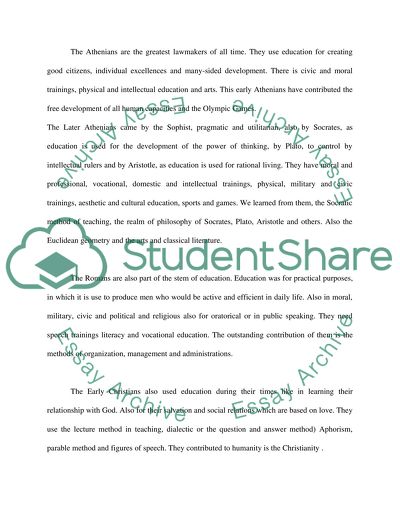Cite this document
(“Educational Linguistics Essay Example | Topics and Well Written Essays - 1500 words”, n.d.)
Retrieved from https://studentshare.org/miscellaneous/1504224-educational-linguistics
Retrieved from https://studentshare.org/miscellaneous/1504224-educational-linguistics
(Educational Linguistics Essay Example | Topics and Well Written Essays - 1500 Words)
https://studentshare.org/miscellaneous/1504224-educational-linguistics.
https://studentshare.org/miscellaneous/1504224-educational-linguistics.
“Educational Linguistics Essay Example | Topics and Well Written Essays - 1500 Words”, n.d. https://studentshare.org/miscellaneous/1504224-educational-linguistics.


